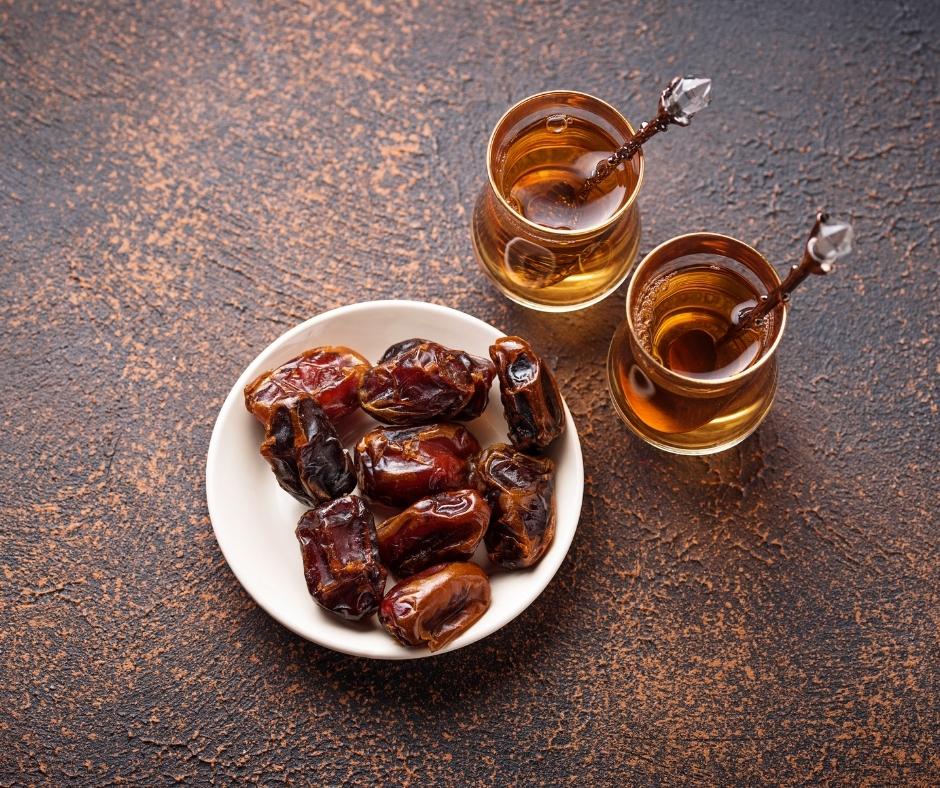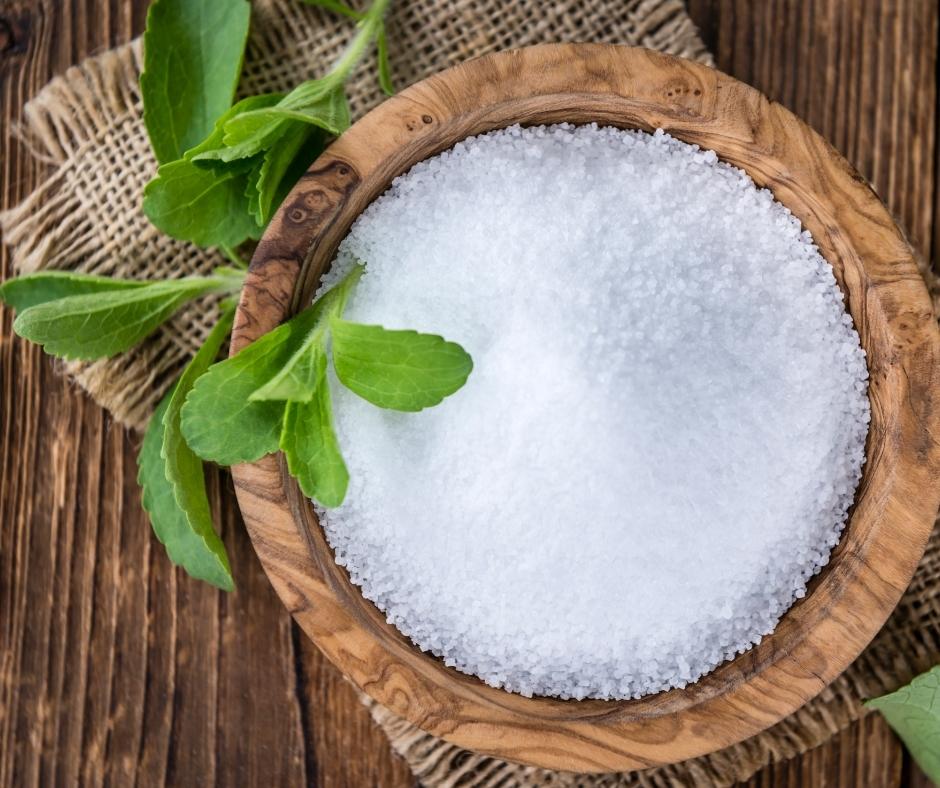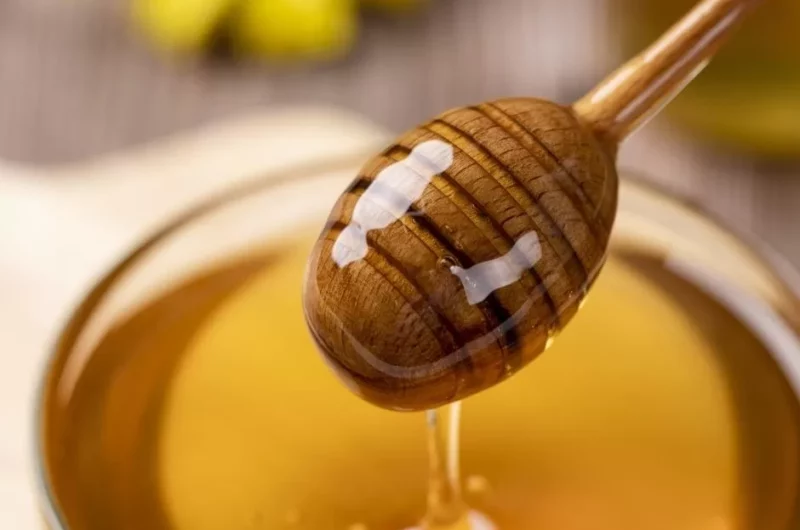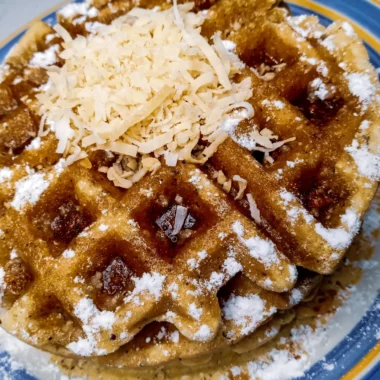Sugar-free sweeteners are ideal for those who love sweet treats. We’ve all craved a sweet treat that was loaded with sugar.
For some people, sugar is their greatest weakness. Even if you rarely have sweet cravings, it can still be difficult to avoid sugar in your diet.
The truth is nearly every food can contains added sugar. Soda and other sweetened beverages are the most obvious foods with sugar, but even foods such as low-fat yogurt, bottled smoothies or tea, and dried fruit can contain added sugar.
Fortunately, there is a way to get the same sweet flavor without all the empty calories of traditional cane sugar. There are many sugar-free substitutes or sweeteners you can use to help you decrease your sugar consumption.
The Dark Side Of Consuming Too Much Sugar
Sugar serves 3 purposes in food preparation: to sweeten, preserve and improve the flavor of food. Sugar can seem irresistible, but there is a heavy price to pay for consuming too much sugar.
For example, a diet rich in sugar is linked to several diseases. This can be because of sugar’s direct impact on the body or complications associated with obesity. In addition to this, globally added sugar increases the risk of noncommunicable diseases.
Noncommunicable diseases include dementia, cancer, diabetes, osteoarthritis, osteoporosis, Alzheimer’s disease, as well as other medical conditions.
Sugar also plays a crucial role in inducing components of metabolic syndrome, the forerunner of diabetes. One study found cardiovascular disease mortality risk increased 2.8 times more when persons consumed 25% or more calories from added sugars when compared to persons who received less than 10% of calories from added sugar.

6 Sugar-Free Sweeteners You Can Use Right Now
Navigating the world of sugar-free sweeteners can feel complex and overwhelming. There are so many sugar-free sweeteners on the market that we couldn’t even cover all of them in one blog post.
When selecting a sugar-free sweetener, it is best to know the different types of sugar-free alternatives. There are 4 types of sugar-free sweeteners: sugar alcohols, novel sweeteners, artificial sweeteners, and natural sweeteners. Each group of sweeteners has advantages and drawbacks, so do your research before purchasing any sugar-free sweetener.
You should also consider why you are choosing to reduce your sugar intake. For example, if you have diabetes, artificial sweeteners, as well as sugar alcohols, are better suited for your needs.
However, this doesn’t mean you should go sugar crazy and consume excessive amounts of alcohol sugars or artificial sweeteners. In the same way, sugar should be consumed in moderation; these products should also be consumed in moderation. On the other hand, natural sweeteners like honey or maple syrup can increase blood sugar levels, so you may want to avoid these sweeteners if you have diabetes.
Allulose
Allulose, also called D-allulose, is a sugar or monosaccharide that naturally occurs in certain fruits. Allulose closely resembles the flavor of table sugar, but it is much healthier. Allulose has 0.2 calories per gram and has about 70% of table sugar’s sweetness.
Allulose is associated with physiological functions such as anti-hyperglycemic, anti-hyperlipidemic, anti-inflammatory, and neuroprotective effects. In addition to this, allulose can also serve as a reactive oxygen species (ROS), has scavenging activity, and therapeutic effects against atherosclerosis.
Dates
Dates are dried fruits produced by the date palm tree. Dates have a sweet flavor and a chewy texture. More importantly, they have several health benefits.
Their sweet taste allows dates to be used as a sugar alternative in energy bars, cookies, cakes, and so much more. You can also sweeten homemade nut milk or smoothies with dates. Alternatively, you can grind dates into a thick paste and use it as a 1:1 replacement for sugar.
Even though dates are a high-calorie food and naturally contain a lot of sugar, they do not significantly impact the blood sugar as table sugar does. Dates also contain valuable compounds such as antioxidants and phenolic elements. They can even play a part in treating chronic diseases like cancer, diabetes, and heart disease because they contain minerals, fatty acids, vitamins, fiber, and carbohydrates.
Stevia
Stevia is a natural sweetener from the South American plant Stevia rebaudiana. It is extracted from two glycosides: stevioside and rebaudioside A. Both of these compounds are calorie-free.
Even though their flavor is slightly different from regular sugar, they are up to 450 times sweeter than regular sugar. Stevia is an excellent source of fatty acids, vitamins, essential amino acids, and minerals. Stevia also contains bioactive compounds like hydrocarbons, crude fiber, phytosterols, flavonoids, chlorogenic acids, triterpenes, and phenolic compounds.

Maple Syrup
Maple syrup is a thick liquid produced by cooking the sap from maple trees. While maple syrup does contain nutritional compounds such as antioxidants, it still contains a lot of sugar. In addition to this, maple syrup has a slightly lower glycemic index, but it should still be consumed sparingly.
Monk Fruit Sweetener
Monk fruit sweetener is derived from the Siraitia grosvenorii plant, which is indigenous to China. Monk fruit is calorie-free and 300 times sweeter than regular sugar. This sweet flavor comes from compounds called mogrosides.
Therefore monk fruit sweetener would be the ideal substitute for diabetic or obese individuals. Monk fruit contains the usual compounds such as flavonoids, vitamins, essential oils, minerals, and amino acids.
However, it also has triterpenoids and polysaccharides. Moreover, according to recent research, monk fruit has anticancer, anti-hyperglycemic, antiasthmatic, anti-inflammatory, and liver-protective properties.
Honey
Honey is a golden, thick liquid derived from honeybees. Traditionally, honey was used to treat gingivitis, heal wounds, repair tissues, and soothe gastrointestinal disorders.
Thanks to its flavonoid and phenolic content, honey has antioxidant and anti-inflammatory effects. In vitro and in vivo studies have asserted that honey has antidiabetic, antiviral, antimicrobial, antifungal, and anticancer properties. Although honey has fantastic health benefits, you should still consume it sparingly as it contains a rich amount of calories and sugar.
In Summation
All in all when a craving for a delicious slice of coconut lime cake hits, use a sugar-free sweetener to make the cake. Although choosing a sugar-free sweetener can be difficult, this list will make finding the best sugar-free sweetener that suits your needs a little bit easier.






